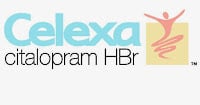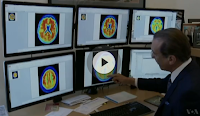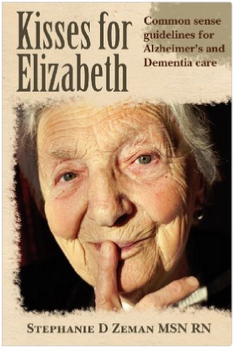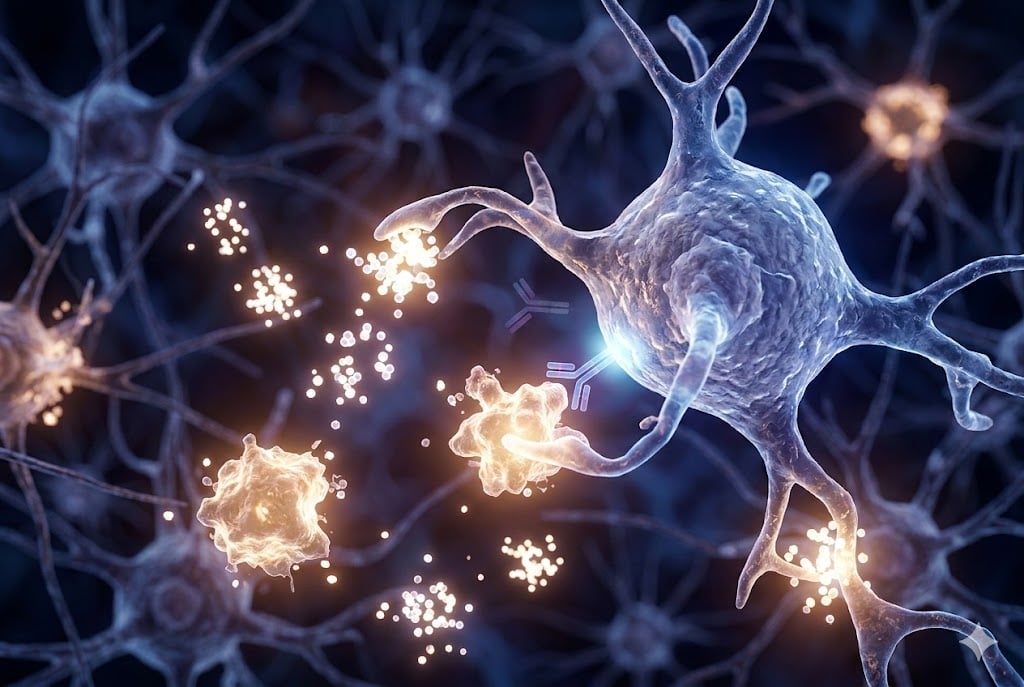
Effects of Lying to a Dementia Patient
ETHICS VIDEO: 3 professors at the prestigious Stanford University Center for Ethics in Society share differing thoughts on respecting the autonomy of people with dementia,

ETHICS VIDEO: 3 professors at the prestigious Stanford University Center for Ethics in Society share differing thoughts on respecting the autonomy of people with dementia,

MOODINESS: As Alzheimer’s progresses, people may become more agitated or aggressive. Check out 9 tips for handling it.

MEDICATION & TREATMENT VIDEO: Agitation is one of the most common symptoms of Alzheimer’s. See why citalopram may be effective in alleviating Alzheimer’s agitation and

MEDICATION & MOOD: Aggression and agitation are hard challenges in dementia. An important study may offer some simple answers.

DRUGS: 100 care facilities saw a significant drop in antipsychotics for dementia when staff were trained to focus on “treating the residents as human beings

BOOK OF THE WEEK: In Kisses for Elizabeth, the author breaks down different behaviors and lets you know how to react when a person with

Learn about ‘personalized music for dementia’ and its powerful effect on Alzheimer’s. See the Director of the hit film, ‘Alive Inside’, on the dementia-impact of music.

The antidepressant drug citalopram, also sold under the brand names Celexa and Cipramil, significantly relieves agitation in Alzheimer’s. Learn about the benefits and side-effects.

The brush strokes are precise, the colors vibrant. See a Colorado art program help patients rise above dementia, while the paintings raise money for The Alzheimer’s Association.

People with dementia are enjoying yoga and dance classes at the Alzheimer’s Association. See why caregivers find the classes “EXTREMELY helpful.”

Swiss researchers find that people with certain personality traits are protected against Alzheimer’s disease, including those who are less agreeable, had natural curiosity, and were nonconformists. Find out why.

Learn about ‘personalized music for dementia’ and its powerful effect on Alzheimer’s. See the Director of the hit film, ‘Alive Inside’, on the dementia-impact of music.

The brush strokes are precise, the colors vibrant. See a Colorado art program help patients rise above dementia, while the paintings raise money for The Alzheimer’s Association.
No spam, only news and updates.


